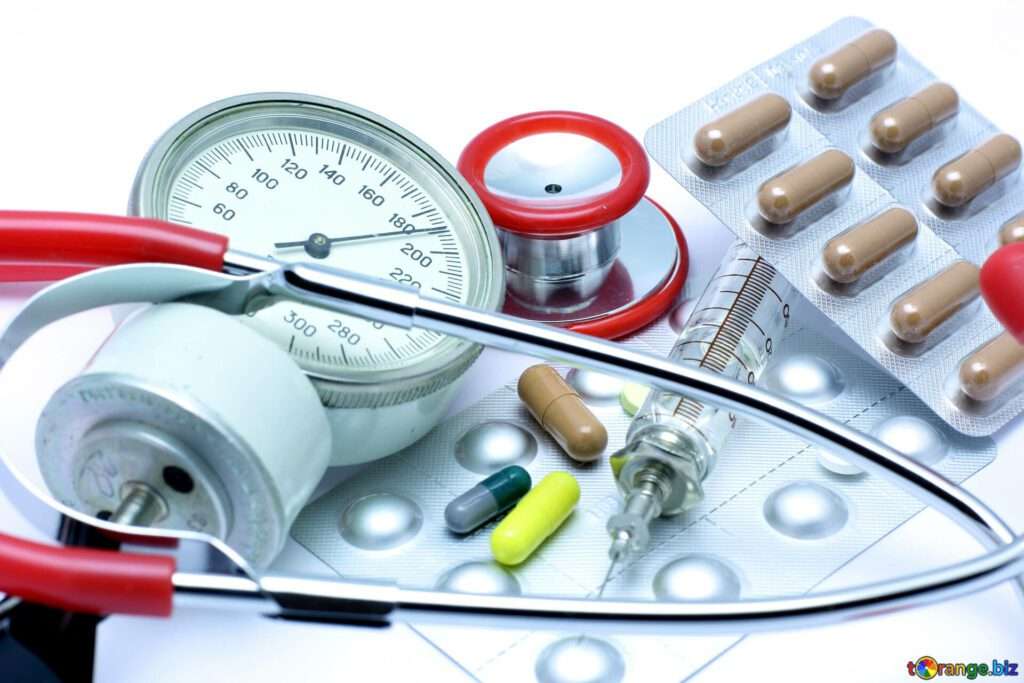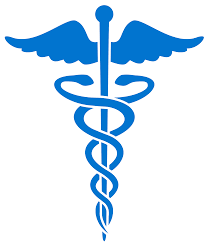A professional Doctorate of Medicine is called a doctor of medicine (MD). It is the top medical degree and is necessary for individuals who wish to become doctors. After completing the MD degree, which normally takes four years, graduates are qualified to take the USMLE, or United States Medical Licensing Examination.
Admission
- Prerequisites: Ensure you have completed the necessary prerequisites for the MD program. This typically includes a bachelor’s degree with specific coursework in biology, chemistry, physics, and other related subjects.
- Medical College Admission Test (MCAT): Most Doctorate of Medicine programs require applicants to take the MCAT, a standardized test that assesses your knowledge of scientific concepts and critical thinking skills. Prepare thoroughly for the MCAT as it can significantly impact your application.
- Research Programs: Explore different Doctorate of Medicine programs to find the ones that align with your academic interests, values, and career goals. Look into their curriculum, faculty, research opportunities, and campus facilities.
- Clinical Experience: Many medical schools value hands-on clinical experience. Volunteer or work in a healthcare setting to gain practical experience and demonstrate your commitment to the medical field.
- Letters of Recommendation: Obtain strong letters of recommendation from professors, healthcare professionals, or supervisors who know you well and can speak to your academic abilities and personal qualities.
- Application Submission: Complete and submit your application through the centralized application service AMCAS (American Medical College Application Service) in the United States or the appropriate application system in your country.
- Interviews: If your application stands out, you may be invited for an interview at the medical schools. Prepare thoroughly for the interviews to showcase your communication skills, problem-solving abilities, and passion for medicine.
- Financial Aid: Research and apply for scholarships, grants, and loans to support your medical education. Medical school can be expensive, so planning for financial assistance is crucial.

Eligibility
- Education: There are often minimal educational requirements for jobs and programs. For example, a high school diploma or its equivalent is typically required to apply for an undergraduate degree. You normally require a bachelor’s degree to apply for a Master’s degree, and a Master’s degree to apply for a Doctorate.
- Experience: A specific level of past work experience or relevant experience in a particular industry may be necessary for some career positions or specialized programs.
- expertise and credentials: Some jobs may call for particular credentials or expertise. For instance, skill in a specific programming language, certification in a particular field, or subject-matter knowledge.
- Language fluency: Candidates may be needed to show fluency in a particular language for foreign programs or employment that demand communication in that language.
Type of Courses
| Type of Course | Description |
|---|---|
| Basic Sciences | Provides a foundation in basic medical sciences, including anatomy, physiology, biochemistry, pharmacology, and pathology. |
| Clinical Medicine | Covers various medical specialties such as internal medicine, surgery, pediatrics, obstetrics and gynecology, psychiatry, etc., teaching students to diagnose and manage illnesses. |
| Clinical Skills and Patient Interaction | Focuses on developing clinical skills, including history-taking, physical examination, and effective communication with patients and colleagues. |
| Medical Ethics and Professionalism | Explores ethical issues in medicine, patient confidentiality, informed consent, and the professional responsibilities of physicians. |
| Medical Research and Evidence-Based Medicine | Teaches research methods, data analysis, and how to critically evaluate medical literature to apply evidence-based practices. |
| Public Health and Epidemiology | Covers public health principles, disease prevention, population health, and the impact of social and environmental factors on health. |
| Medical Imaging and Diagnostic Techniques | Educates students about different imaging modalities and diagnostic procedures used in medical practice. |
| Clinical Rotations | Hands-on experience working with patients in various medical specialties under the guidance of experienced physicians. |
| Elective Courses | Optional courses that students can choose based on their interests and career goals, including specialized topics and research-focused courses. |
Syllabus
| Phase | Subjects/Courses |
|---|---|
| Pre-Clinical Phase | Anatomy, Physiology, Biochemistry, Pharmacology, Pathology, Microbiology, Immunology, Medical Genetics |
| Clinical Phase | Internal Medicine, Surgery, Pediatrics, Obstetrics and Gynecology, Psychiatry, Dermatology, Ophthalmology, Otorhinolaryngology (ENT), Orthopedics, Radiology, Anesthesiology, Emergency Medicine |
| Clinical Skills and Patient Interaction | History-taking and Physical Examination, Communication Skills, Patient-Centered Care, Clinical Decision Making, Professionalism and Ethics |
| Medical Research and Evidence-Based Medicine | Research Methods in Medicine, Biostatistics, Critical Appraisal of Medical Literature, Research Ethics |
| Public Health and Preventive Medicine | Epidemiology, Global Health, Health Promotion and Disease Prevention |
| Specialty Electives | Students may have the opportunity to choose elective courses based on their interests or career goals. These electives can cover various medical specialties or research-focused topics. |
| Clinical Rotations | Students participate in clinical rotations in different medical specialties, gaining practical experience under the supervision of experienced physicians. |
| Capstone Project or Thesis | Many MD programs require students to undertake a research project or thesis on a medical topic of their choice. |
specializations
- Cardiology: This specialization focuses on the heart and the cardiovascular system.
- Oncology: This specialization focuses on cancer and its treatment.
- Neurology: This specialization focuses on the brain and the nervous system.
- Gastroenterology: This specialization focuses on the digestive system.
- Rheumatology: This specialization focuses on the joints and the musculoskeletal system.
- Dermatology: This specialization focuses on the skin and its disorders.
- Urology: This specialization focuses on the urinary system.
- Obstetrics and Gynecology: This specialization focuses on women’s health.
Top Colleges
- All India Institute of Medical Sciences (AIIMS), New Delhi
- Post Graduate Institute of Medical Education and Research (PGIMER), Chandigarh
- Christian Medical College (CMC), Vellore
- Kasturba Medical College, Manipal
- Jawaharlal Institute of Postgraduate Medical Education and Research (JIPMER), Puducherry
- Shri Ramchandra Institute of Medical Sciences (SRIMSR), Chennai
- Maulana Azad Medical College (MAMC), New Delhi
- King George’s Medical University (KGMU), Lucknow
- Pandit Deendayal Upadhyay Medical College, Raebareli
Salary
- Median annual salary: \$208,000
- Top 10% of earners: \$357,000+
- Factors that can affect salary:
- Specialization: Doctorate of Medicine who specialize in high-demand areas, such as cardiology or oncology, typically earn higher salaries.
- Location: Doctorate of Medicine who work in urban areas typically earn higher salaries than DMs who work in rural areas.
- Experience:Doctorate of Medicine with more experience typically earn higher salaries.
- Academic achievements: Doctorate of Medicine with academic achievements, such as publications or awards, may also earn higher salaries.
FAQs
A DM is a Doctor of Medicine, which is the highest degree in medicine. DMs are qualified to practice medicine and to prescribe medications
- A bachelor’s degree in medicine or a related field.
- The completion of medical school.
- The passing of the United States Medical Licensing Examination (USMLE).
- The completion of a residency program.
The job prospects for DMs are good. The demand for DMs is expected to grow in the coming years due to the aging population and the increasing complexity of medical care.
The salary range for DMs varies depending on the specialization, the location, and the experience of the DM. However, DMs typically earn a high salary.






